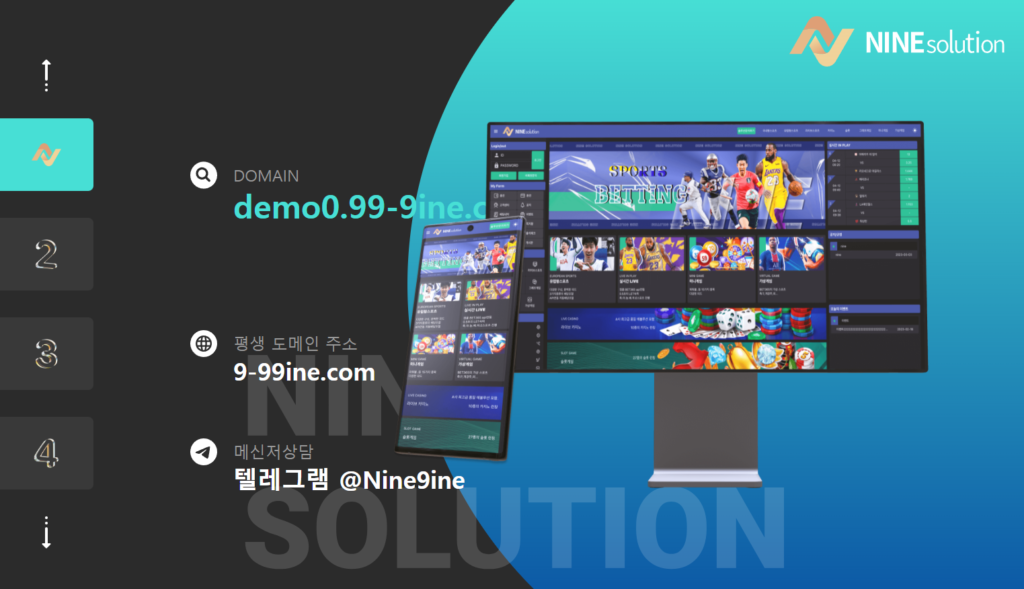The online gaming landscape has evolved dramatically over the years, with a plethora of platforms vying for attention. Among these, 55 club has emerged as a leading choice for gamers and sports enthusiasts alike. With its extensive offerings ranging from thrilling casino games to comprehensive sports betting, 55Club caters to a diverse audience, making it the ultimate gaming destination. In this article, we’ll delve deeper into the various aspects of 55Club that make it an appealing choice for both new and experienced players.
An All-Encompassing Gaming Experience
Diverse Casino Game Selection
At the core of 55Club is its impressive library of casino games. For players who love the thrill of spinning reels, the platform offers a vast array of slot games. From classic three-reel slots to immersive video slots boasting intricate storylines and stunning graphics, there’s no shortage of options. Popular themes include adventure, fantasy, and even blockbuster movies, ensuring that every player finds something to their liking.
In addition to slots, 55Club features a wide range of table games. Classic favorites like blackjack, roulette, and poker are available in multiple variants, catering to different styles of play. Whether you prefer a fast-paced game or a more strategic approach, there’s something for everyone. The platform’s user-friendly interface allows players to quickly navigate between games, making it easy to jump from one table to another.
Live Dealer Experience
For those seeking an authentic casino experience, 55Club’s live dealer section is a game changer. This feature allows players to participate in real-time games with professional dealers via high-definition streaming. The live dealer games include classics like blackjack, roulette, and baccarat, all set in a virtual casino environment. Players can interact with dealers and other participants, enhancing the overall experience and adding a social element to online gaming.
Comprehensive Sports Betting Options
In addition to its impressive casino offerings, 55Club excels in the realm of sports betting. The platform provides a wide range of sports to bet on, including football, basketball, tennis, and more. With competitive odds and a user-friendly interface, placing bets is both simple and exciting.
Betting on Major Events
One of the standout features of 55Club is its extensive coverage of major sports events. Whether it’s the World Cup, the NBA Finals, or Wimbledon, players can find various betting options for all major tournaments. This includes pre-match betting and in-play betting, allowing players to place wagers even while the event is underway. This flexibility adds an extra layer of excitement, as players can react to unfolding events and make informed betting decisions.
Virtual Sports for Instant Action
For those who crave non-stop action, 55Club also offers virtual sports betting. These simulated events are designed to replicate the excitement of real-life sports competitions, allowing players to place bets on virtual matches and races. The outcomes are determined by sophisticated algorithms, ensuring fairness and unpredictability.
Virtual sports cover a variety of options, from virtual football and basketball to horse racing and greyhound racing. Each event typically lasts only a few minutes, providing quick results and instant gratification for players. This makes virtual sports an excellent choice for those looking for fast-paced entertainment.
Seamless User Experience
Easy Registration Process
Starting your journey with 55Club is simple and straightforward. The registration process is designed to be user-friendly, allowing new players to create an account within minutes. Once registered, players can easily 55 club login to their accounts and begin exploring the extensive offerings of the platform.
Effortless Account Management
Managing your account on 55Club is a breeze. Players can quickly deposit funds using various secure payment methods, including credit cards, e-wallets, and bank transfers. The platform ensures that all transactions are encrypted, providing a safe environment for financial activities.
Smooth Withdrawals
When it comes time to withdraw your winnings, 55Club offers a seamless process. Players can choose from various withdrawal methods, and the platform is dedicated to processing requests efficiently. Typically, withdrawals are handled promptly, ensuring that players receive their funds without unnecessary delays.
Mobile Gaming on the Go
In today’s fast-paced world, the ability to play on the go is essential. 55Club recognizes this need and has developed a dedicated mobile app that allows users to access their favorite games anytime, anywhere. The app is optimized for both iOS and Android devices, providing a smooth and enjoyable gaming experience.
With the mobile app, players can enjoy the full range of features available on the desktop version, including account management, game selection, and customer support. This convenience ensures that you never miss out on the action, whether you’re commuting, traveling, or simply relaxing at home.
Engaging Community and Support
A Vibrant Player Community
55Club fosters a sense of community among its users. Players can connect with fellow gaming enthusiasts through forums, social media, and community events. This interaction not only enhances the gaming experience but also allows players to share tips, strategies, and success stories.
The community aspect of 55Club encourages player engagement, making the platform feel more inclusive. Players can participate in discussions about their favorite games, strategies for winning, and upcoming sports events, creating a rich and vibrant environment.
Top-Notch Customer Support
Excellent customer support is crucial for any online gaming platform, and 55Club excels in this area. The platform offers various support channels, including live chat, email, and phone assistance. The customer service team is available 24/7, ready to help with any inquiries or issues players may encounter.
Whether you have questions about account management, game rules, or promotional offers, the support team is quick to respond and dedicated to resolving any issues efficiently. This commitment to customer service adds to the overall positive experience of using 55Club.
Exciting Promotions and Bonuses
Welcome Bonuses for New Players
To attract new players, 55Club offers enticing welcome bonuses. These bonuses can significantly enhance your starting balance, giving you more opportunities to explore the platform and try out different games. New users can typically expect a combination of deposit match bonuses and free spins, making the registration process even more rewarding.
Ongoing Promotions for Existing Players
55Club doesn’t stop at welcome bonuses; it also provides a variety of ongoing promotions for existing players. This includes reload bonuses, cashback offers, and free spins on selected games. These promotions ensure that players have ample opportunities to boost their bankrolls and enhance their gaming experience.
Loyalty Rewards and VIP Programs
55Club values its loyal players and offers a comprehensive loyalty program. Frequent players can accumulate points that can be redeemed for exclusive bonuses, free bets, and other rewards. The more you play, the more points you earn, allowing you to unlock exciting benefits as you progress through the loyalty tiers.
For high rollers, 55Club offers a VIP program that provides even more perks. VIP members can enjoy personalized service, higher withdrawal limits, and access to exclusive events. This level of recognition makes players feel valued and appreciated, enhancing the overall gaming experience.
Responsible Gaming Practices
As a responsible gaming platform, 55Club is committed to promoting safe and fair play. The platform provides various tools and resources to help players manage their gaming activities effectively. This includes setting deposit limits, time reminders, and self-exclusion options for those who need a break.
55Club also promotes awareness around responsible gaming, ensuring that players are informed about the risks associated with gambling. The platform works closely with organizations that specialize in responsible gaming to provide support and resources for players who may need assistance.
Conclusion
In conclusion, 55Club is more than just an online gaming platform; it’s a comprehensive entertainment hub that caters to a diverse range of interests. With its extensive selection of casino games, exciting sports betting options, and engaging community features, 55Club has established itself as a top choice for gaming enthusiasts.
Whether you’re a casual player looking for some fun or a serious gambler aiming for big wins, 55Club offers the tools and opportunities to enhance your gaming experience. With user-friendly features, top-notch customer support, and a commitment to responsible gaming, 55Club truly stands out in the competitive online gaming landscape.
So why wait? Sign up today, explore the exciting features, and immerse yourself in the thrilling world of 55Club. Your next big win could be just a click away!











